Tuesday, 23 April 2024
Menu
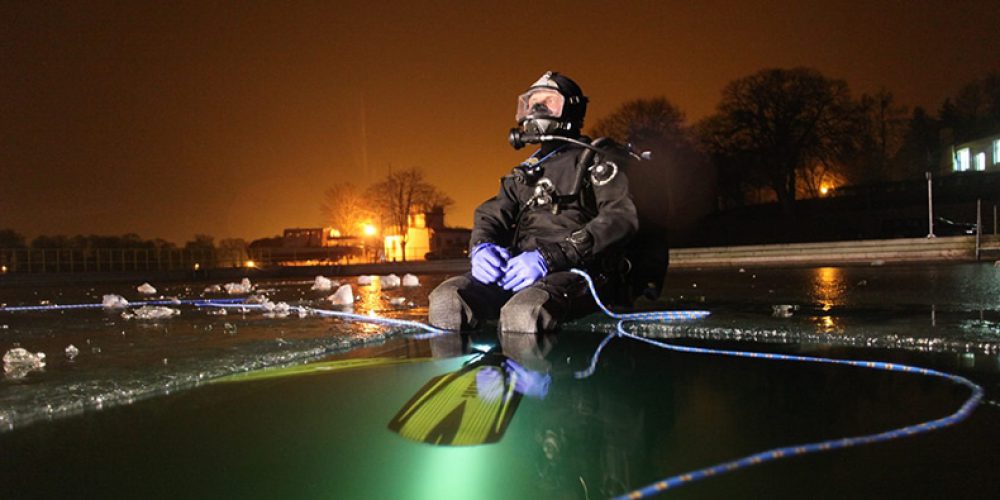
Let’s start perhaps from the fact that the conditions below the ice surface are definitely different from those we encounter when diving in the summer. The most quickly noticeable difference is the extremely low water temperature, which is usually no more than 4°C. Apart from the discomfort we feel, this situation also has its advantages. The extremely low temperature makes it impossible for many aquatic organisms to develop, which means that there is usually excellent visibility under the ice, often reaching several metres.
Ice diving is one of the most risky and demanding types of recreational diving, which all organisations have in their offers. The main factors influencing the difficulty of ice diving are, of course, the ice cover and very low air and water temperature. The ice makes it impossible for us to ascend suddenly in case of an emergency. We also have to be very careful not to lose our way to the ice hole, which could end tragically.
Cold water also adversely affects the operation of our equipment, especially the breathing apparatus. Taking a breath, in the first stage the gas expands, often reaching a negative temperature. In such conditions every water particle inside the regulator chamber turns into ice crystals which can very quickly lead to the so-called automaton freezing.
Our body will also certainly feel the hardships of diving in low temperatures. Therefore, in order to maintain appropriate thermal comfort, we should wear under our dry suit appropriate underwear and a warming pad, which is often much thicker than the one we use every day. However, we should remember that such a change may affect our buoyancy and limit the possibility of making more complicated moves underwater. Add to this frozen hands and thick gloves, during the dive it may suddenly turn out that we are not able to pull out a knife or turn valves. When preparing for diving in the winter season, it’s a good idea to make a few test dives in advance in the target configuration that you will use under the ice.
Depending on the weather, the ice may be covered by a layer of snow, which prevents the sun’s rays from penetrating under the water. This situation means that even on a very sunny day, there can be twilight in the water. When planning an ice dive we should always take at least one source of light with us.
Despite all these risks and difficulties, as long as you follow the procedures, ice diving can be safe and rewarding.
In order to become familiar with all the procedures of ice diving, we should take part in a specialised training, organised in our local diving centre. Nowadays, probably all diving schools have ice diving courses in their offer, which are very popular.
By completing such a course we will gain knowledge and practice necessary to conduct ice diving and certification of our skills in the form of a certificate. Let us remember, however, that the qualifications we obtain mean that we possess basic knowledge in the scope of ice diving, which must be supported with practice and further development. Humility and common sense are extremely important qualities that we should demonstrate while diving. Not only under the ice.
Under no circumstances should we go under the ice without prior training!
Nowadays we can choose from a wide range of organizations offering “IceDiver” training. In Poland we can most often find programs from PADI, SSI, CMAS and SDI.


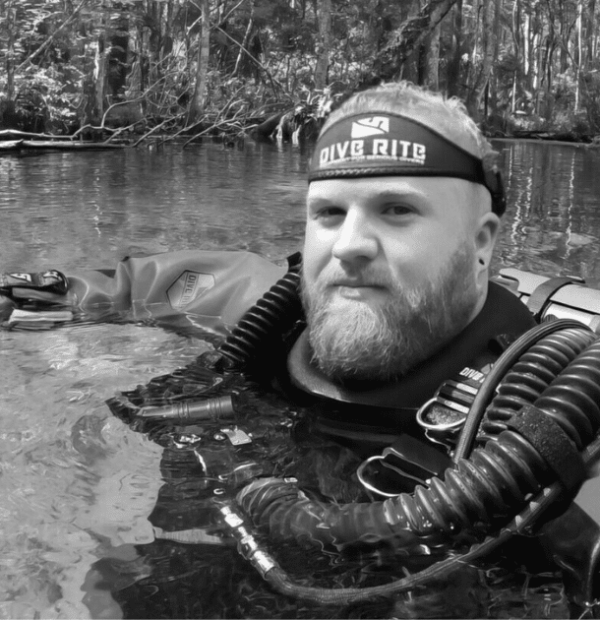

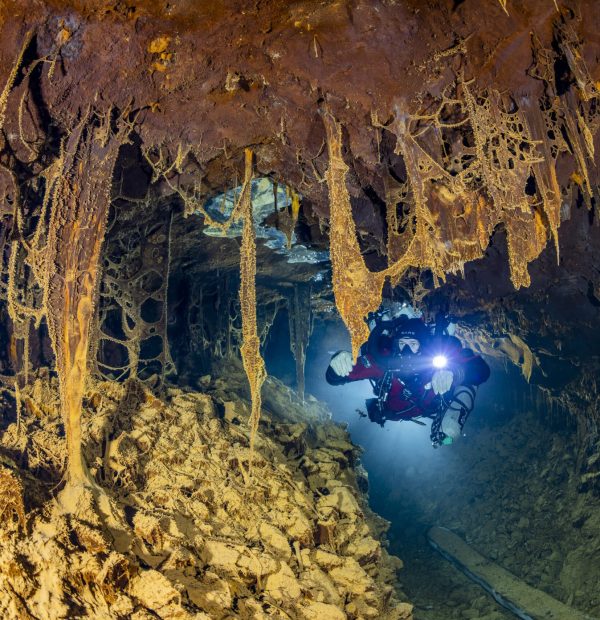
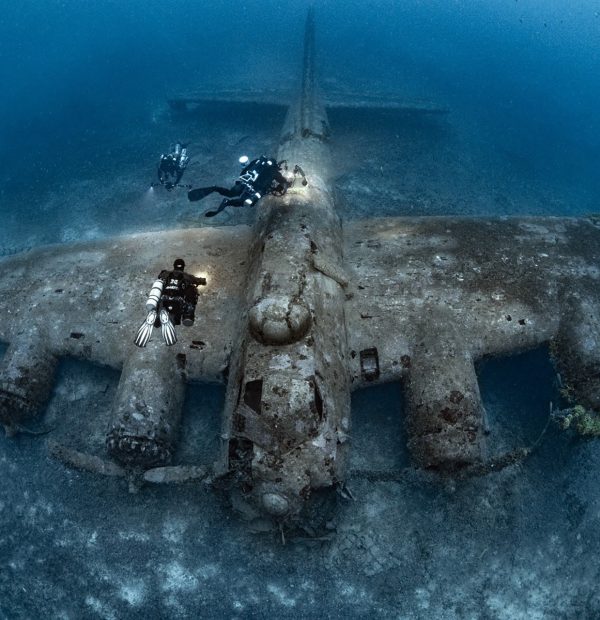
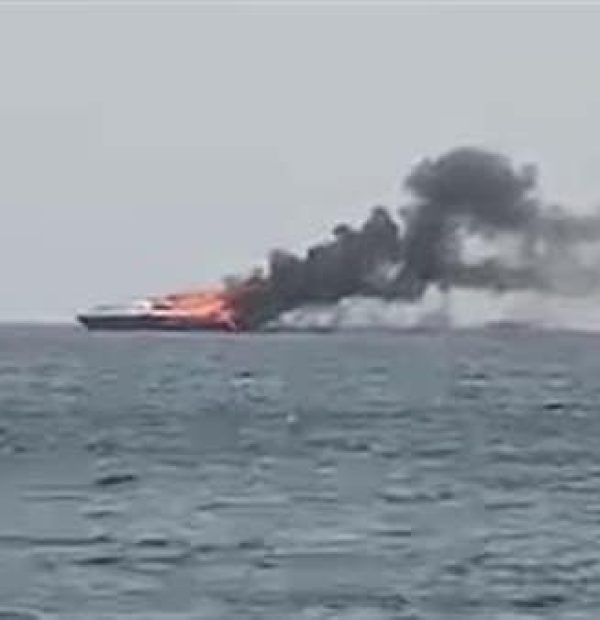
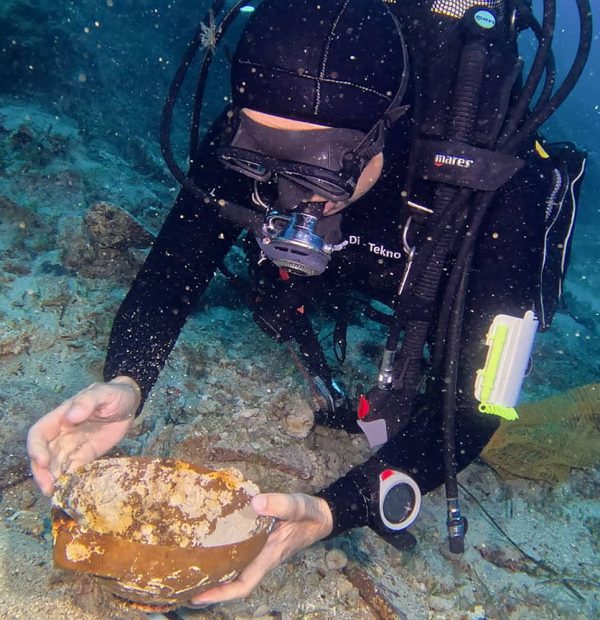
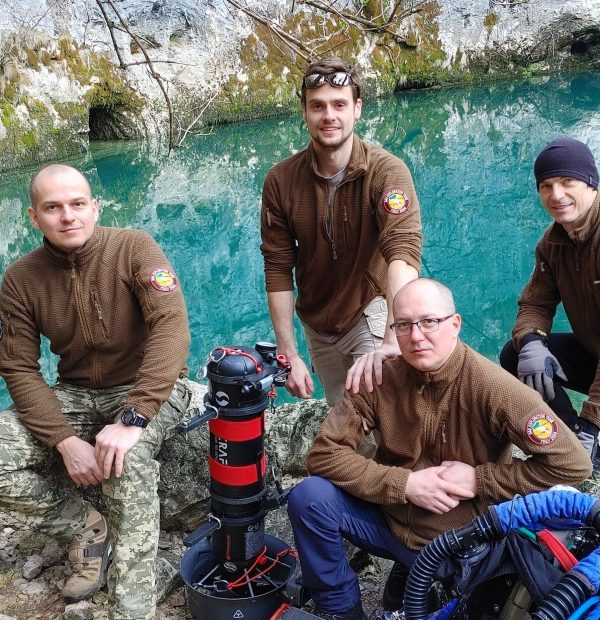

Welcome to DIVERS24.COM, your daily source of scuba news, freediving, scuba diving information, and equipment reviews. Our comprehensive coverage of the dive industry from A to Z provides you with all the latest scuba news, training updates, underwater photography tips, and everything else related to scuba diving. Whether you’re a beginner or an experienced diver looking for more knowledge about scuba gear or techniques – we’ve got it covered! With our in-depth articles written by experienced divers who have been there and done that, you are sure to find exactly what you need here at Divers24.com. Dive into scuba news today!
Underwater Media Sp. z o.o.
Szafarnia 11/F8,
80-755 Gdansk, Poland
Welcome to DIVERS24.COM, your daily source of scuba news, freediving, and scuba diving information. Sign in for a weekly news update and discount coupons for dive gear and apparel.
@2023 - underwatermedia.pl. All Right Reserved. Designed and Developed by Tworzenie stron internetowych Gdansk

The Divers24 portal is currently the largest online medium treating diving in Poland. Since 2010 we have been providing interesting and important information from Poland and around the world on all forms of diving and related activities.
Contact us: info@divers24.com